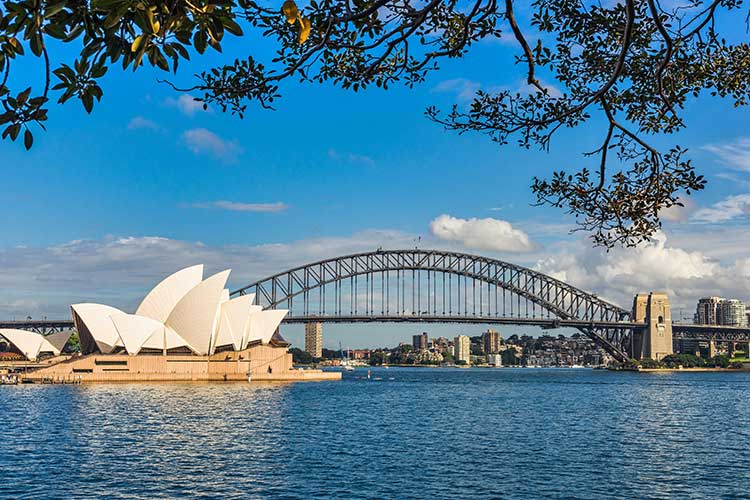

Of the 53 deals in various sectors involving Japanese investors last year, 13 were property transactions, shows a latest report

Japanese investment in Australian real estate surged last year to a record $2 billion as the country’s housing crisis draws a new wave of investors wanting to put their capital and skills to work. Of the 53 deals in various sectors involving Japanese investors last year, 13 were property transactions – up from six a year earlier – Herbert Smith Freehills’ (HSF’s) Japan-Australia Investment Report 2023 shows.
Decisions such as the NSW Minns government’s plan to boost housing density around 39 transport hubs in Sydney – expanded to 45 recently – and build 185,800 homes over 15 years are creating new opportunities. “That was huge and makes us excited,” Kanji Ochiai, a director of Odakyu Australia, a subsidiary of Tokyo-listed ¥675 billion ($6.8 billion) Odakyu Electric Railway Company said. “It’s very good news for us. Developing residential products along the railway is in our DNA. We would like to get involved in this opportunity.”
After a first wave of Japanese commercial real estate investors such as Mitsubishi Estate, Mitsui Fudosan, Sekisui House and Sumitomo Forestry, the latest of HSF’s seven annual reports shows interest from a widening group of investors in tapping Australia’s population-driven growth and stable business environment through commercial property.
Odakyu, along with Hankyu Hanshin Properties, JR West Real Estate & Development and Kintetsu Real Estate – as well as Mitsubishi UFJ Financial Group and Nishimatsu Construction – invested in the Mitsubishi Estate-led acquisition of Sydney’s 60 Margaret Street complex from Mirvac and Blackstone last year for $777 million.
The Japanese investment in 2023 strengthened as capital from other Asian destinations such as Singapore, Malaysia and Hong Kong eased, HSF partner Michael Back said. “It was the activity from the Japanese that really kept the commercial market going. Particularly in the last six months, on any bidder list for a major CBD office property, or for a good industrial site, you’d have two or three Japanese bidders there. And after those three, there’d be one or two names that you’d never seen before,” he said.